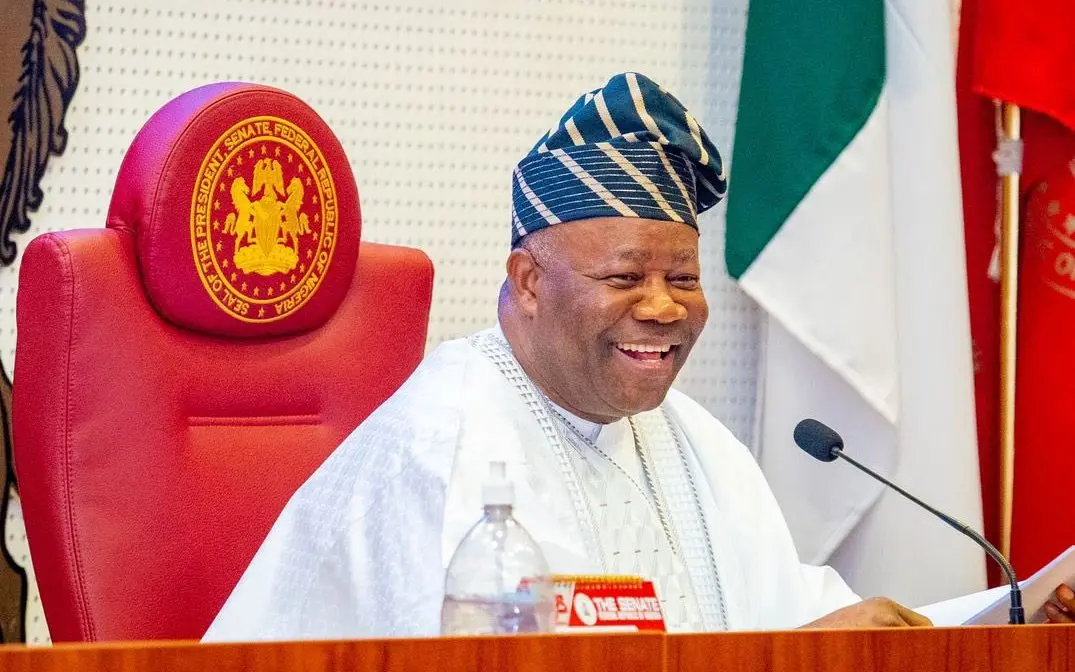By Adedapo Adesanya
The Nigerian LNG Limited (NLNG), which produces Nigeria’s Liquified Natural Gas (LNG) and natural gas liquids (NGLs) for export, is planning to replace all its vessels with modern ships within the next decade.
This was disclosed by Mr Nnamdi Anowi, the General Manager of Production, NLNG, during the World Leaders’ Panel session on Tuesday in Berlin, Germany, as part of the 2024 World LNG Summit and Awards.
Speaking at the event themed “Achieving the Balance Between Energy Security and Decarbonisation,” he said the company which was incorporated in 1989 was making plans to boost its vessels to ensure proper transportation of gas for export.
“We are making significant strides in our shipping operations. Over the next 10 years, we aim to transition from our current steam-powered vessels to modern ships.
“Earlier this year, we took a major step by entering into a long-term chapter of our first modern ship Aktoras, and we are already planning to acquire a second ship next year,” he said.
On the critical issue of net zero emissions, Mr Anowi said that NLNG aspires to achieve net zero emissions by 2040.
According to him, this goal is attainable through implementing a combination of solutions that include operational efficiency, natural sinks/offset projects, carbon capture and storage (CCS), net zero expansion, digital solutions and shipping efficiency.
“Our pathway to net zero aligns with Nigeria’s target of reaching net zero by 2060, while many major players in the industry are aiming for 2050.
“We are actively expanding our initiatives in this area, including several low-carbon projects,” he explained.
Regarding Liquefied Petroleum Gas (LPG), Anowi noted that the company had committed 100 per cent of its LPG production (propane and butane) to the Nigerian market.
He pointed out the urgent need for cleaner energy, citing a report that revealed that not less than 100,000 Nigerians died yearly from smoke inhalation caused by cooking with firewood, predominantly affecting women and children.
“This underscores our commitment to sustainability. It’s important to recognise that about 80 per cent of Africans lack access to cleaner energy.
“When discussing sustainability, we can not overlook the necessity of providing energy to these communities,” he added.
He further elaborated on NLNG’s strategy, stating, “Our objective at Nigeria LNG is to maintain safety, enhance capacity, foster growth, and future-proof our business.
“The recent transformation programme includes a rebranding initiative, evidenced by the unveiling of a new logo and the company’s renewed purpose: providing energy for life’s sustainability.
Mr Anowi also noted that NLNG was working diligently to improve its production capacity from 23 million tons to 30 million tons through its Train 7 Project.
“We are actively engaging with stakeholders and the government to ensure our LNG trains are filled by the end of next year,” he said.
On sustainability, Mr Anowi explained that 75 per cent of NLNG’s emissions result from its operations, with the remaining 25 per cent coming from its shipping activities.
He emphasised the importance of measurement, reduction, avoidance and mitigation strategies in their sustainability efforts.
He said that the company was also exploring CCS opportunities through partnerships with the government and other international oil companies.
“We are in the early stages of CCS implementation, assessing potential reservoirs for this purpose,” he said.
In terms of renewable energy, Anowi said that NLNG was investigating solar power projects at its offices in Abuja and Port Harcourt as part of its broader sustainability initiatives.
“We are committed to abatement efforts and are collaborating with experienced private companies to explore carbon credit opportunities.
“We must balance sustainability with affordability and reliability in energy supply.
“The African region must progress at its own pace, prioritising immediate energy needs before addressing long-term sustainability goals,” he explained.
Like this:
Like Loading...
Related



































